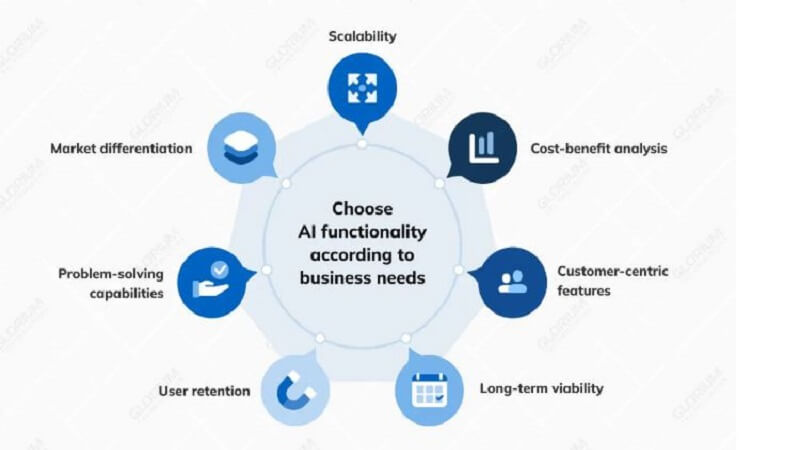In healthcare, Artificial Intelligence (AI) is gaining momentum as a revolutionary force that promises to revolutionize patient care and operational efficiency.
The introduction of artificial intelligence (AI) technology into the healthcare industry could result in transformational improvements. One of the most important promises is the possibility of reducing the cost of healthcare and improving accessibility, particularly in rural regions.
The Current Landscape of Healthcare Costs
Healthcare is constantly challenged to control costs while delivering high-quality services. The rising demand for healthcare and an aging population require creative solutions to improve processes and distribute resources more efficiently.
How AI Cuts Costs:
Implementing artificial intelligence (AI) within various sectors, including the healthcare industry. This has brought about a faster, cost-effective way to deliver medical services. It is noteworthy how AI reduces costs in Healthcare relative to administration, diagnostics, and patient care management. Admin-straining tasks can also be automated, greatly reducing errors, paperwork, work-hours, and overhead costs associated with hospital operations.
Cost Transparency
AI aids with price transparency for patients by providing estimates of the cost of various healthcare procedures and treatments. This allows patients to make educated decisions regarding their medical care and could lead to savings on costs. If individuals are conscious of the financial consequences of their choices in healthcare, they can choose treatments that are in line with their budget and needs.
Personalised Treatment Plans
AI analyzes vast quantities of patient information to customize treatment plans that maximize outcomes while reducing unnecessary procedures. Individualized medicine ensures that funds are put in the areas they need most to avoid wasted effort and associated expenses.
Predictive Analytics for Preventive Care
AI-driven predictive analytics help identify individuals at high risk of developing ailments and allow for proactive preventive actions. Through early intervention, healthcare professionals can decrease the frequency of chronic diseases and the resulting long-term costs.
Optimising Administrative Processes
AI simplifies administrative tasks, which eases the burden of healthcare professionals and increases efficiency overall. Automated appointment billing, scheduling, and data entry not only help save time but also reduce errors, resulting in cost savings.
Optimising Administrative Processes
AI reduces administrative burdens, reduces healthcare professionals’ workloads, and increases efficiency overall. Automatic appointment schedulers, automated billing processes, and data entry not only reduce time but also eradicate mistakes, resulting in cost savings.
Efficient Resource Allocation
AI algorithms can predict admission rates, allowing hospitals to allocate resources better. This proactive strategy prevents delays, helps reduce overcrowding, and improves staffing levels, ultimately leading to cost savings.
Telemedicine and AI Chatbots
Telemedicine, when combined with AI-powered chatbots, gives access to health details and diagnoses for basic cases at all hours of the day. This ease of access reduces the need for emergency departments for cases that are not urgent and can result in significant savings. Patients receive immediate advice and decide if they need to see a doctor in person, increasing convenience and decreasing the cost of healthcare.
Enhanced Diagnostic Accuracy:
One of AI’s major advantages in reducing healthcare costs is in diagnostics. Modern algorithms and machine learning models can provide faster and more accurate diagnoses, reducing the requirement for lengthy and costly tests. Thanks to AI, early detection could result in cheaper and less invasive treatment.
The Future of AI and Healthcare
In the end, AI is a source of optimism for efficient and cost-effective healthcare. By enhancing the administrative process, increasing the accuracy of diagnosis, and providing personalized healthcare plans, AI will usher in an era of efficiency.
From automating administration tasks to providing predictive analytics to improve preventive care and access to care through Telemedicine, AI is reshaping the healthcare system. As AI develops and improves, it has the potential to make healthcare efficient, affordable, and accessible to all, regardless of geographical area or socioeconomic status.
